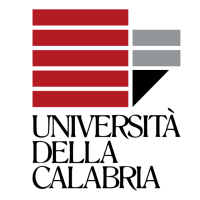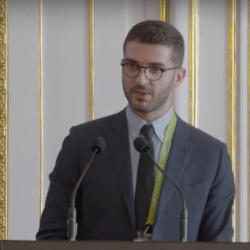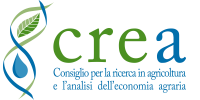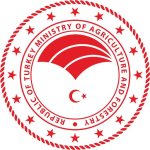ABOUT US




The CERERE project is designed to bolster the resilience and viability of the cereal integrated supply network (C-ISN) and related food systems in the MENA region, with a focus on achieving four primary objectives. These include mapping and assessing the C-ISN's resilience to identify vulnerabilities, designing an intelligent nerve center for agile network management, fostering a resilience-minded culture in the Mediterranean, and deriving best practices and recommendations for policymakers. By aligning with OECD principles, such as open markets, collaboration, risk anticipation, and end-to-end visibility, CERERE aims to deliver both theoretical advancements and practical knowledge. The project’s approach is structured around four pillars: products, processes, technology prototypes, and people. In the product pillar, CERERE focuses on three specific cereal varieties—common wheat, durum wheat, and barley—through case studies in Egypt and Turkey. The process pillar involves a comprehensive analysis of the cereal supply chains in these countries to derive evidence-based policy guidelines. In the technology prototype pillar, a Software as a Service platform will be developed. It includes innovative models like smart agriculture middleware, digital twins, AI-driven nerve centers, and early warning systems for supply chain disruptions. The people pillar addresses the socio-cultural and organizational changes needed to sustain the CERERE framework, providing business models, reports on digital readiness, and educational materials. Ultimately, CERERE aims to enhance the understanding, transparency, and predictability of cereal supply chain performance, promote agile and risk-based management practices, reduce uncertainties, and encourage the adoption of innovative technologies by smallholders and farmers. This project is poised to significantly impact the resilience and efficiency of agri-food supply chains across the Mediterranean.










